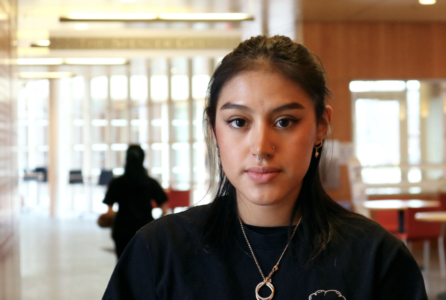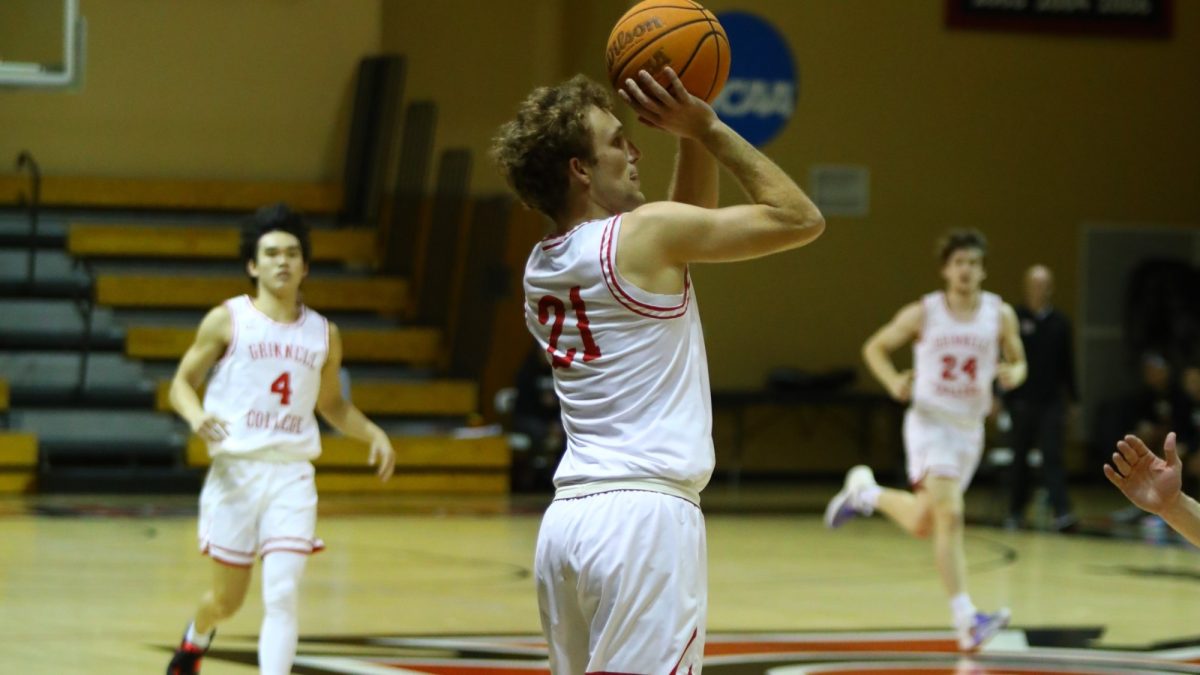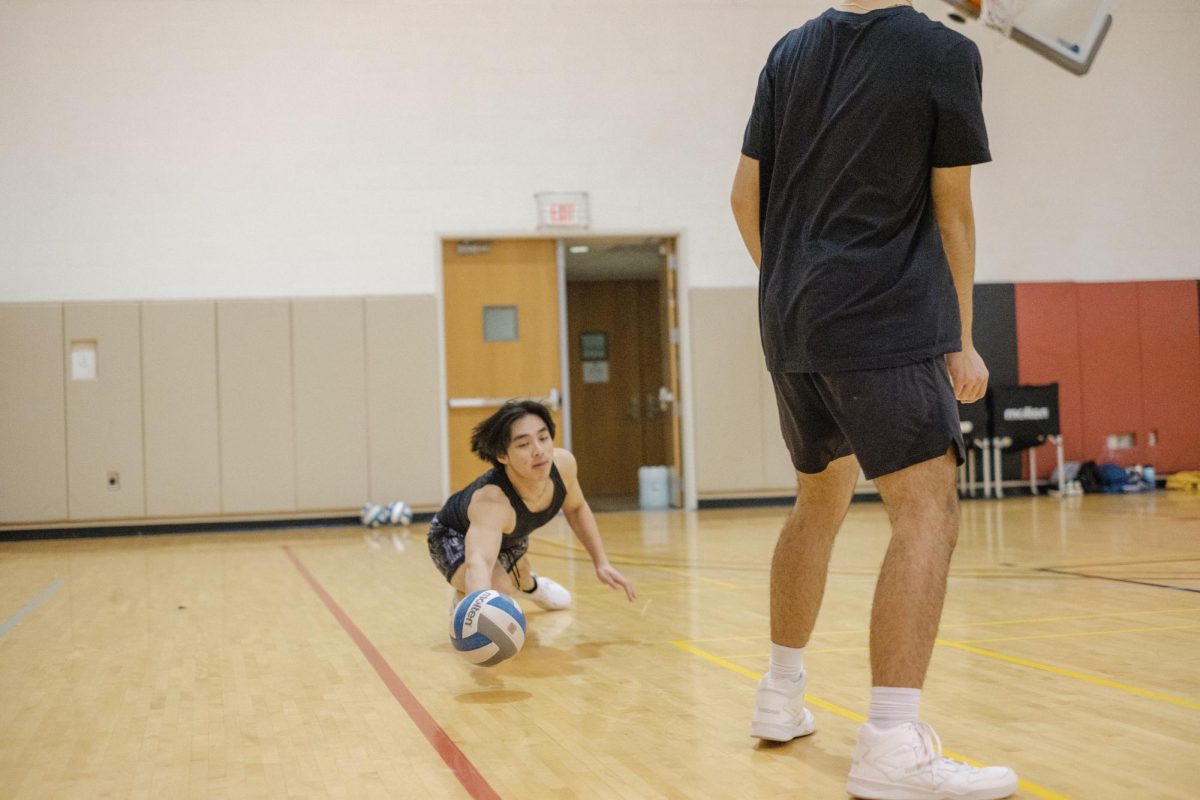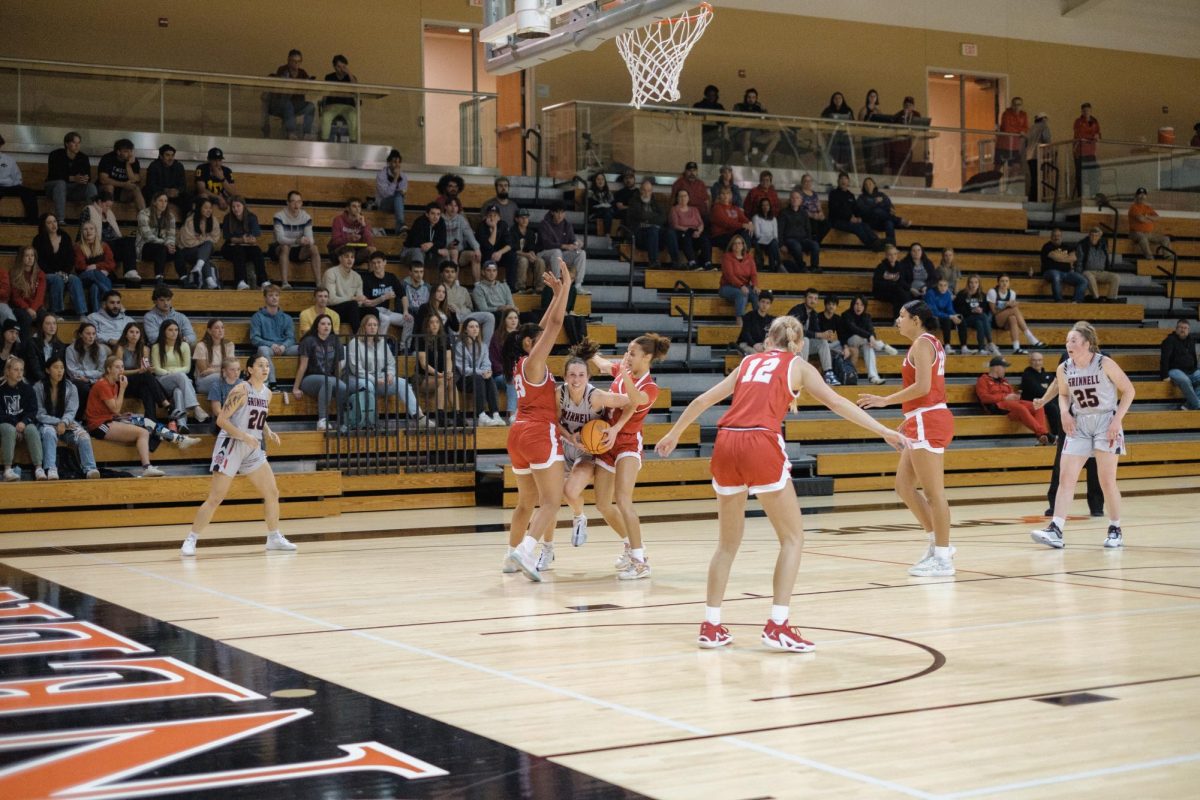Among the barriers of entry for students pursuing higher education, tuition costs can be the most daunting. For some low-income students, the regularly increasing tuition of Grinnell College, $60,988 without room and board, has left them struggling to simultaneously balance the burdens of cost and curriculum. This semester, several students have faced issues surrounding their financial aid and could be forced to leave Grinnell College as a result.
Natalia Ramirez-Jimenez `24, an international student from Mexico, and her family recently suffered financial hardship due to the COVID-19 pandemic. As a result, the financial aid she was offered by the College was no longer adequate for affording her education.
“My parents don’t have any money now to pay for next semester, so if I don’t get their financial aid, I will be forced to drop out and just not finish my major after two years in,” Ramirez-Jimenez said.

The Financial Aid Office calculates a student’s “demonstrated financial need” using federal and institutional formulas that consider self-reported information on the financial aid application. Grinnell College then meets each student’s demonstrated need using a combination of merit scholarships, need-based grants and work-study opportunities. Grant awards remain consistent from year to year unless a substantial change has occurred with your family’s financial circumstances with minor annual increases offered to assist families with increased costs of attendance.
Assistant VP of Enrollment Brad Lindberg has worked in Grinnell’s financial aid process for nine years and directly with international students on their financial aid.
“Financing a Grinnell education is a three-way partnership between the parent, student and the College,” Lindberg said. “The methodology employed by the [College Scholarship Service] Profile is complex, but, at its core, it measures each family’s need for aid through an examination of their income, assets and unique family circumstances that may impact their ability to pay for college.”
The international student financial aid program specifically provides an annually renewed aid package, and international aid awards offered at the time of admission are rarely subject to change or approval for a secondary alteration in grant offerings.
“Each year we award approximately 60 million dollars in financial assistance to students. While every circumstance is unique, we do our best to provide the most generous offer of financial aid to every family while maintaining equity across every application,” Lindberg said.
My parents don’t have any money now to pay for next semester, so if I don’t get their financial aid, I will be forced to drop out. – Natalia Ramirez-Jimenez `24
Students can submit appeals if they believe that their demonstrated need is being inaccurately calculated. Complaints have been raised that the financial aid office over assumes the potential contribution of families, leading to incidental problems and confusion when circumstances change.
“If a family’s financial circumstances have changed significantly since they applied for financial aid, or if their family has circumstances that were not presented in the original aid application, they may request a reconsideration of your aid,” Lindberg said. “Examples of special circumstances include unemployment or pay reductions that are ongoing or unusually high out-of-pocket expenses.”
However, Ramirez-Jimenez and her family did appeal for increased aid, twice. After two separate applications, once in the fall and another in the spring, nothing had changed with her aid package.
“While the international and domestic financial aid programs are based upon the same principles, they are also uniquely different from one another,” said Lindberg. “Due to immigration and visa regulatory requirements, international students apply for aid only as an incoming first year. Changes to international grant awards are rare and occur in only a few cases each year. Conversely, domestic students must reapply for financial aid every year.”

Similar financial aid issues have also recently presented themselves to another low-income student the S&B spoke with. Yoel Hooper- Antunez `24, a domestic student from California, has continued to have significant increases in his expected contribution every semester since fall 2021, which has jeopardized his continued attendance at Grinnell.
“I think the expected amount that I had to pay was a very reasonable amount, but, each year, it’s gotten progressively more.” Hooper-Antunez said. “I had outside scholarships, but now that the amount that I’m expected to contribute has doubled every year, it’s approaching a point where I don’t know if I can really afford going to college here.”
I think the expected amount that I had to pay was a very reasonable amount, but, each year, it’s gotten progressively more. – Yoel Hooper- Antunez `24





























































